 Every time a major torrent site goes down, millions of people mourn the loss. Last week, when the owner of KickassTorrents was arrested in Poland, was no exception.
Every time a major torrent site goes down, millions of people mourn the loss. Last week, when the owner of KickassTorrents was arrested in Poland, was no exception.
Following events like these, several repeat questions come to the forefront. Will the site come back? Will there be a replacement? How can other torrent sites avoid the same fate?
While the first two questions mostly originate from users, the latter is perhaps the most important in terms of the torrent scene in general. After all, if people don’t learn from history, how can they stop it repeating itself? And if it does indeed repeat, how much more damage can the scene take?
In response to the KAT shutdown, this week Peter Sunde called for action. Speaking on the Steal This Show podcast, the Pirate Bay co-founder said that innovation, decentralization, and cooperation is needed to safeguard the future of piracy.
“If one of the big sites goes down a lot of smaller sites are hit as well because they are just a copy of the original database. We need lots of sites that federate all the data instead of having to depend on the higher-ups,” Sunde said.
But just how likely is it that Sunde’s dream will come true? To find out, TorrentFreak spoke with some large and long-standing smaller players in the torrent scene.
The operator of one major site outlined many perceived weaknesses in the way that sites operate and provided some interesting thoughts on how these issues might be fixed. Interestingly, he doesn’t believe that decentralization is the key, instead preferring a “network-over-network” model for both server operation and downloads.
“Decentralization is not the key here. A network-over-network is. Decentralization means no back-updates and [issues with advertising],” he explains.
“Instead, imagine a private network running on the normal internet. You connect to a node, which joins you into a VPN-like network. Like TOR, but you don’t actually use the users to push the traffic.”
The site operator also went into considerable detail about other aspects, particularly in respect of preserving the security of users with a similar “network-over-network” model. However, overcoming technical issues doesn’t appear to be the main stumbling block. Instead, there’s a problem with cooperation.
“You have to understand that torrents are no longer the answer to these type of threats. Sure you can upgrade everything related to torrents to a more secure and better way of usage by promoting to users how they should use you through your new type of network etc, but at some point the protocol should upgrade,” he says.
“However, unless there is an agreement from at least three major sites, none of the requirements to push this new system to enough users will be done. There is currently no agreement to do anything between any torrent site.”
And it appears that even in the wake of KAT’s demise, there is still no momentum to innovate.
“[The major sites] are not interested in building a non-raidable, permanent domain system for users. They are not interested in a new protocol. No one works with anyone. They simply don’t care,” he says.
“Only [one major site, redacted] expressed some basic interest, but that’s only if all [other sites] agree. Which will never happen?”
In parallel, TF spoke with some site operators further down the chain but anyone hoping for some good news there will be pretty disappointed. While most agreed that doing something innovative would be a positive thing, most expressed a combination of pessimism and apathy.
“I find it hard enough to work with my own staff, so working with several other sites will not be possible I’m sure,” one said. “My site is a dictatorship (LOL) so I don’t need others outside telling me what I must do.”
Another admin, who operates two sites in the private scene, said that even building trust across sites will be an almost impossible task.
“It won’t happen. Why should any sysop trust [other sysops]? Who are they? I don’t know who they are. They don’t know who I am. And do you think that the bigger sites will agree to what smaller sites say? No. They will keep their [dominant] position and keep the best pie for themselves no matter what great system someone can make. I would. Who wouldn’t?” he said.
Generally, however, the overall feeling is that while there’s always a threat, things aren’t quite that bad yet. TF asked when people might feel compelled to do something dramatic. The answer seems to be “when people really have to.”
That notion is shared by Peter Sunde. He’s repeatedly called for the closure of The Pirate Bay to spark innovation but the closure of KickassTorrents alone (which was a bigger site) failed to have the desired effect. Maybe it will take another really big bombshell to finally provoke people into action but until then it seems unlikely that much will happen.
In the meantime, however, most of the people we spoke with were enthusiastic about the potential offered by Zeronet and IPFS. In the absence of any coordinated effort, perhaps the future is already here.
Source: TF, for the latest info on copyright, file-sharing, torrent sites and ANONYMOUS VPN services.

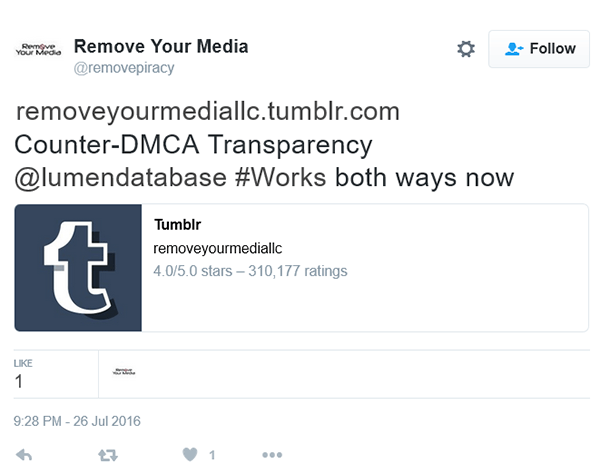

 November 2014 was one of the darkest months in the history of Sony Pictures. After being hacked by a group calling themselves the ‘Guardians of Peace’, masses of sensitive internal information was leaked online.
November 2014 was one of the darkest months in the history of Sony Pictures. After being hacked by a group calling themselves the ‘Guardians of Peace’, masses of sensitive internal information was leaked online.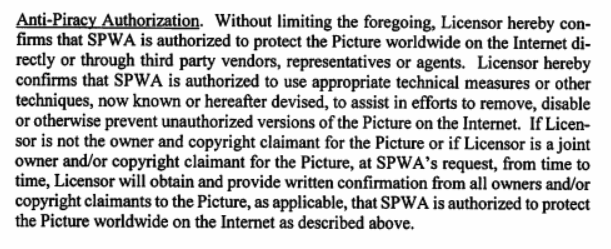




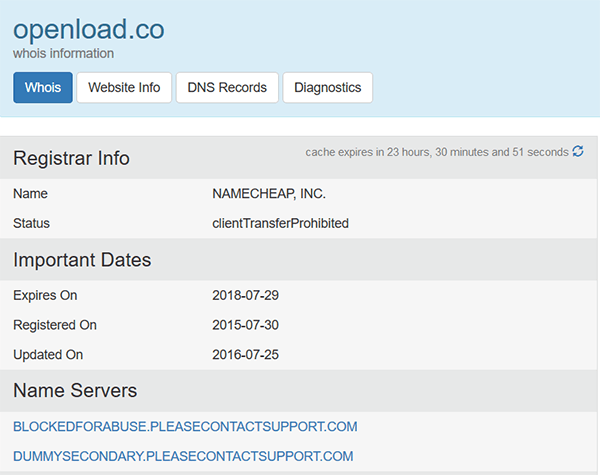
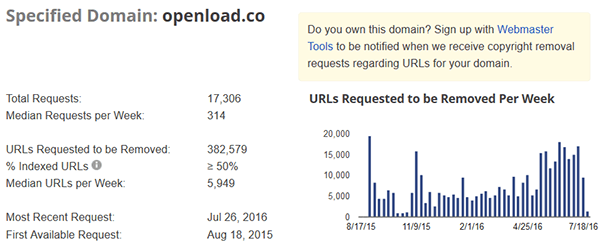
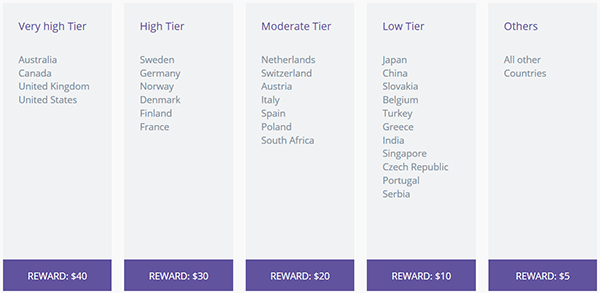


 After years of being branded one of the world’s worst Internet piracy facilitators, last week social networking giant vKontakte took another important step towards making peace with rightsholders.
After years of being branded one of the world’s worst Internet piracy facilitators, last week social networking giant vKontakte took another important step towards making peace with rightsholders.
